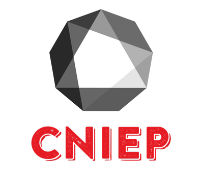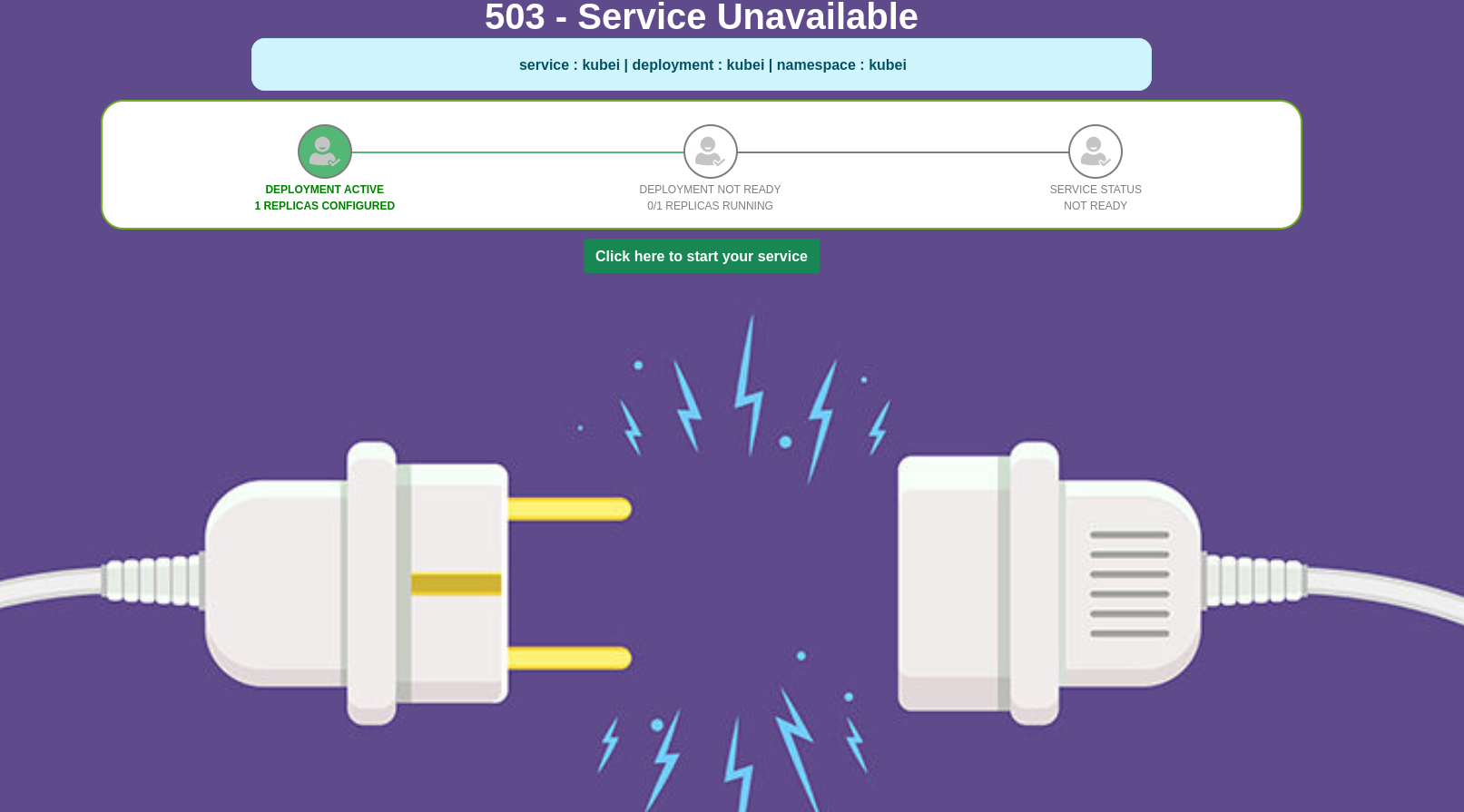cniep ( custom nginx ingress error pages ) is a web service coupled to nginx ingress controller designed to provide customized error pages.
cniep traps pages returning error responses and displays a customized error page.
To display custom error responses some ingress annotations are required.
cniep gets k8s deployments information which can be used to render custom error response pages.
More info about about custom error codes can be found here.
1 - Navigate to cniep kubernetes folder and customize manifests to fit your setup.
2 - Deploy cniep
Deployment command
# kubectl apply -f kubernetes
3 - Modify your nginx controller to use cniep as default backend.
4 - Assuming that cniep is installed in cniep k8s namespace, add default-backend-service arg in your ingress nginx controller deployment.
Ingress Deployment args
...
containers:
- args:
- /nginx-ingress-controller
- --default-backend-service=cniep/cniep
...
To enable cniep for your services, follow the next steps:
1 - Install cniep deployment in your k8s server (check installation section)
2 - Annotate your k8s services and ingresses.
Service annotations
apiVersion: v1
kind: Service
metadata:
name: myservice
annotations:
cniep/deployment: myservice
cniep/template: cniep
Ingress annotations
3 - Annotate your k8s ingress definition. i.e:
apiVersion: extensions/v1beta1
kind: Ingress
metadata:
name: myservice
annotations:
kubernetes.io/ingress.class: nginx
nginx.ingress.kubernetes.io/custom-http-errors: "503"
| Annotation | Description |
|---|---|
cniep/template |
Defines the template used to render the error response pages |
cniep/deployment |
Defines the deployment backend for the annotated service. If this annotation is not set, it will search for service selectors |
cniep/customjsonresponse-xxx |
Renders a custom json response instead of a templated html page (status code specific). i.e. cniep/customjsonresponse-503: '{"a":"a"}' |
cniep/customjsonresponse-global |
Renders a custom json response instead of a templated html page (all status codes) |
cniep/s3-templatedir |
Syncs templates stored in an AWS S3 bucket. i.e. cniep/s3-templatedir: s3://mys3bucket/cniep2 |
cniep/customfield-xxxx |
Define custom variables to be used in error response pages. In the template section, there is more information about this |
cniep/forceresponsecode-xxx |
Forces the HTTP status code returned by the request. i.e. cniep/forceresponsecode-503: '500' |
cniep uses golang text/template package to render error pages.
Template folder structure
mytemplate (template folder)
- index.html (html file)
- style.css (css style file)
Template folder structure for specific status codes
mytemplate (template folder)
- index-503.html (html file)
- style-503.css (css style file)
- index.html (html file)
- style.css (css style file)
index.html
<!DOCTYPE html>
<html>
<head>
<meta http-equiv="Content-Type" content="text/html; charset=utf-8" />
<style>{{ template "styles" }}</style>
<title>Service Status</title>
<body>
<h1 style="text-align: center;">{{ .Code }} - {{ .Title }} </h1>
</head>
</body>
</html>
style.css
{{ define "styles" }}
.container {
width: 100%;
max-width: 100%;
}
{{ end }}
| Variable | Description |
|---|---|
{{.Code}} |
HTTP status code returned by the request |
{{.Title}} |
HTTP status response message. standard codes |
{{.Details.OriginalURI}} |
URI which originated the request |
{{.Details.ContentType}} |
Request Content-type |
{{.Details.Namespace}} |
Namespace where the backend Service is located |
{{.Details.IngressName}} |
Name of the Ingress where the backend is defined |
{{.Details.ServiceName}} |
Name of the Service backing the backend |
{{.Details.DeploymentName}} |
Name of the Deployment backend |
{{.Details.DesiredDeploymentReplicas}} |
Number of configured replicas in the backend deployment |
{{.Details.CurrentDeploymentReplicas}} |
Number of current running replicas for the backend deployment |
{{.Details.CustomFields.xxxx}} |
Custom fields defined in the service backing the backend (multiple custom fields are allowed) |
[cniep] : This template renders an error page with information about the current deployment state.
[default] : Simple clean template.
1 - # make build-all
2 - # docker build . -t cniep:xxx

